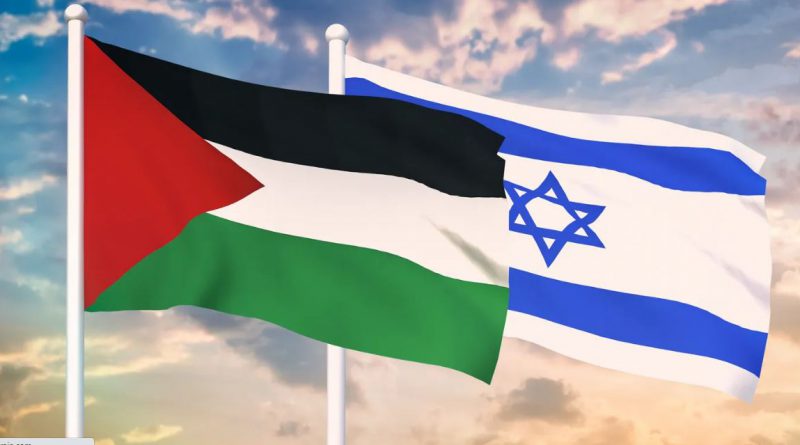Israeli and Palestinian officials meet in pre-Ramadan push for calm
Cairo (Reuters) – Israeli and Palestinian officials met on Sunday in Egypt for talks aimed at calming surging violence that has stoked fears of further escalation once the Muslim holy month of Ramadan begins later this week.
Also backed by the United States and Jordan, the meeting follows a Feb. 26 U.S.-brokered conference in Aqaba, the first of its kind in years, that secured Israeli and Palestinian pledges to de-escalate but was challenged by factions on both sides and failed to halt violence on the ground.
The meeting in the resort city of Sharm el-Sheikh “aims to support dialogue between the Palestinian and Israeli sides to work to stop unilateral actions and escalation, and break the existing cycle of violence and achieve calm”, a statement from Egypt’s foreign ministry said.
This could “facilitate the creation of a climate suitable for the resumption of the peace process”, it added.
In previous years, clashes have erupted between Israeli police and Palestinians around Jerusalem’s Al Aqsa mosque during Ramadan, which coincides this year with Judaism’s Passover and Christian Easter.
The Israeli-occupied West Bank has seen a surge of confrontations in recent months, with near-daily military raids and escalating settler violence amid a spate of attacks by Palestinians.
Over the past year, Israeli forces have made thousands of arrests in the West Bank and killed more than 200 Palestinians, including fighters and civilians.
More than 40 Israelis and three Ukrainians have died in Palestinian attacks in the same period.
Israel pledged in Aqaba to halt discussions on new settlement units in the West Bank for four months and stop authorisation of outposts for six months.
But Israeli Prime Minister quickly appeared to downplay any commitment, saying there would be no freeze in an apparent nod to hardline members of his coalition government.
Last month, Netanyahu’s government authorised nine Jewish settler outposts in the West Bank and announced mass construction of new homes in established settlements. The move drew deep dismay from the United States.
The Palestinians aim to establish an independent state in the West Bank and Gaza Strip with East Jerusalem as its capital – territories Israel captured in a 1967 war.
But peace talks have been stalled since 2014 and Palestinians say Jewish settlement expansion has undermined the chances of a viable state being established.
Visiting Israel earlier this month, U.S. Defense Secretary Lloyd Austin told Israeli leaders to take steps to reduce tensions in the West Bank, saying Washington was firmly opposed to any acts that could trigger more insecurity, including settlement expansion and inflammatory rhetoric.
Washington was especially disturbed by settler violence against Palestinians, he said.
Palestinian militant group Hamas, which governs the Gaza Strip condemned the West Bank-based Palestinian Authority for taking part in the meeting, noting it was being attended by the Israeli government “which is escalating its aggression against our people”.
But Hussein Al-Sheikh of the umbrella Palestine Liberation Organisation said a Palestinian delegation would be in Sharm el-Sheikh “to defend the rights of our Palestinian people to freedom and independence, and to demand an end to this continuous Israeli aggression against us”.
Netanyahu’s office declined comment on the Sharm el-Sheikh meeting.



